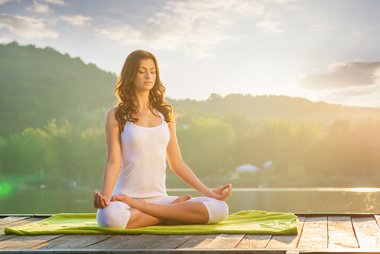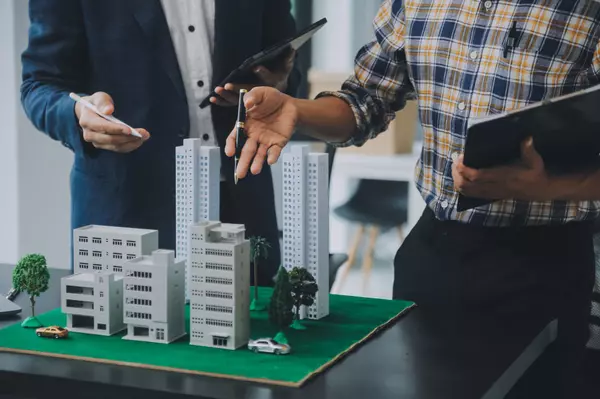How to Meditate: Steps for Beginners
How to Meditate: Steps for Beginners
Interest in the Buddhist ritual of meditation has become increasingly popular in Western society. Lots of experts recommend it for its varying health benefits. If you've ever wondered about meditation, now is the time to find out. Keep reading to learn about the art of meditation. 
What is meditation?
According to Buddhism, meditation is a category for a certain kind of exercise that promotes an empty mind. There are many types of practices under meditation, but for beginners, it is most common to focus your practice on concentrating on your breathing. The historic purpose of meditation is to separate oneself from material distractions and be completely in the moment, paying attention to your body and its movements.
What are the benefits?
In modern society, there are many benefits to incorporating meditation into your daily life.
- Reduce stress and anxiety.
- Lower blood pressure.
- Clear the mind.
- Lower the heart rate.
- Improve circulation.
- Induce relaxation.
- Improve mental focus.
- Improve self-esteem.
How to meditate
- Sit or lie down in a comfortable place.
- Close your eyes.
- Take slow, steady breaths, but do not force your breathing.
- Remain focused on your breathing and imagine how the air is circulating throughout the various parts of your body — legs, arms, feet, head, etc.
- Try to stay focused on only your breathing. If a thought enters your mind, try to let it go and refocus your concentration.
- Try to remain in this state for two minutes. Build your ability to meditate longer as you become more advanced.
Tips for staying focused
Make it a routine. Schedule meditation into your day like you would an important meeting or date. The way to have a more meaningful experience is through commitment and practice.
Meditate in the same place. Choose a place in your house that is comfortable, quiet and peaceful. Make this your meditation destination. Establishing a place where you meditate will calm you more quickly when you enter it.
Let go of expectations. Simply let yourself be in the moment. Worrying and placing unfair expectations on your practice are opposite goals of meditation. Each meditation session might be different and you should embrace that.
Be patient with yourself. Don't aim for perfection. If you find yourself getting distracted, simply refocus on your breathing. Meditation is a skill that takes practice, and even advanced meditators aren't perfect in their practice.
Set an intention for your practice. Try thinking about what your purpose is for meditating beforehand. You can decide that you want to dedicate a certain session to something current in your life. This will help give more meaning to your meditation.
Categories
Recent Posts











